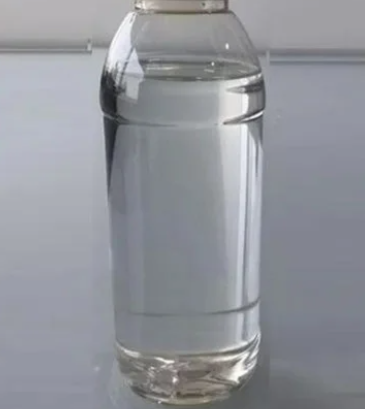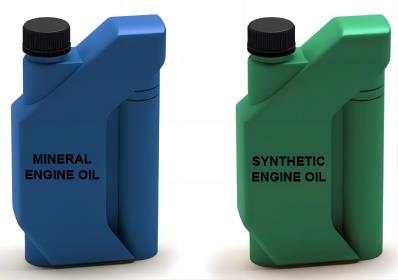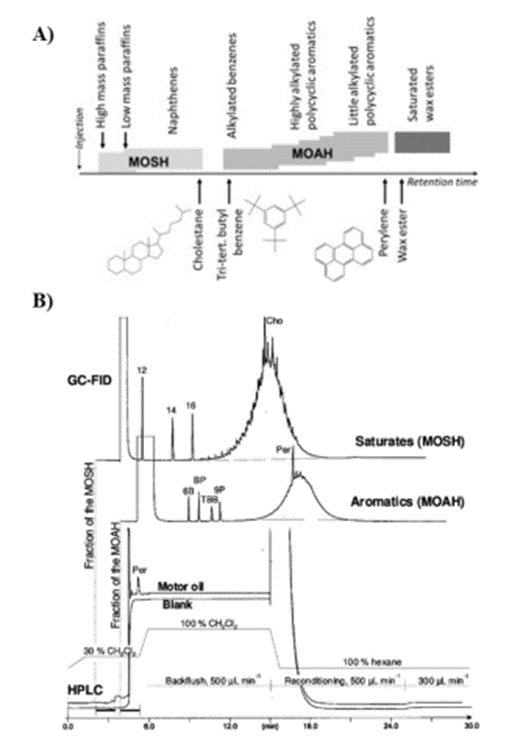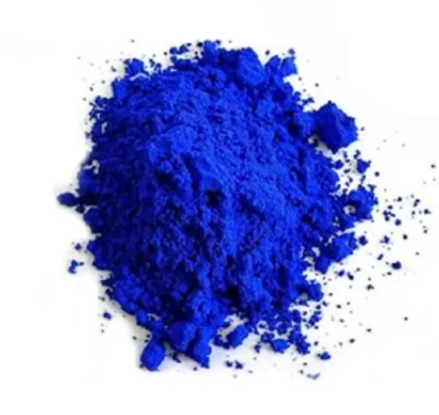Unlocking the Mysteries of Mineral Oil: A Comprehensive Exploration
Introduction
Mineral oils (also known as white oils, alias paraffin oils, white oils) are complex substances composed of straight-chain alkanes, branched-chain alkanes, cycloalkanes, and aromatics with different physical and chemical properties, and their boiling points are generally in the range of 300–600 °C. They are typically produced as by-products of crude oil through distillation and refining steps (such as extraction, crystallization, acid treatment, refining, and/or hydrogenation). They are used primarily as lubricants in machinery and engines. Although crude oil consists of different saturated and unsaturated hydrocarbons, most inorganic components and other organic chemicals containing sulfur, nitrogen, and oxygen are retained in the residual material after refining. However, they are frequently found in both medicines and cosmetics, in addition to other industrial goods[1].
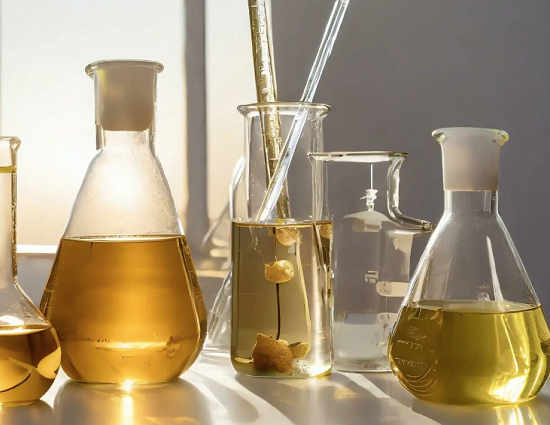
Two fractions of Mineral oils
Mineral oils are complex substances of saturated and aromatic hydrocarbons, predominantly with carbon numbers ranging from C15 to C50. Using certain analytical techniques, two fractions can be distinguished: mineral oil saturated hydrocarbons (MOSH) and mineral oil aromatic hydrocarbons (MOAH). MOSH is composed of straight and branched open-chain alkanes (paraffin) and largely alkylated cycloalkanes (naphthenes). The proportion of straight-chain alkanes (n-alkanes, also called paraffin waxes) among the MOSH is low because a dewaxing step is included in manufacturing mineral oils. MOAH include mono- and/or polyaromatic hydrocarbons that are highly alkylated and often partially hydrogenated[2].
Uses
Mineral oil is often used as a placebo in clinical trials. Pharmaceutical-grade mineral oil consists of a mixture of saturated hydrocarbons with a purity and chemical structure that differs substantially from food-grade or technical-/industrial-grade mineral oils. Interest in mineral oil was piqued by suggestions that a portion of the substantially positive results of the Reduction of Cardiovascular Events with the Icosapent Ethyl-Intervention Trial (REDUCE-IT) might be attributable to the theoretical negative effects of mineral oil rather than being due to the clinical benefits of icosapent ethyl[3].
Mineral oil can be found in cosmetics, baby care products, carrier oils, and lubricant laxatives. It is used as a component in eye drops, rectal enemas, and hemorrhoid ointments for its lubricating effects. Mineral oil also has many industrial uses, such as engine oils, gear oils, metalworking fluids, hydraulic fluids, printing inks, agricultural spray oils, and many others.
Mineral oil uses include the following: Moisturizing the skin; Treating dandruff, cradle cap, cracked feet, mild eczema, and other skin problems; Removing earwax; Relieving constipation.
Food contamination
Mineral oils can occur in consumer products and foodstuffs for different reasons. They are intentionally used as ingredients in cosmetic products, as extender oils in elastomeric and polymeric materials (e.g. tool handles), and as food additives (e.g. glazing agents, preservatives, anti-foaming agents, release agents, anti-dusting agents). Contamination can result from mineral oils used in printing inks to print food packaging, which can evaporate and migrate via the gas phase into the packaged food. Food contamination may also result from mineral oil migration from paper and cardboard made of recycled fibres. In addition, food and consumer products can become contaminated by mineral oils and other petroleum-derived substances (e.g., diesel fuel) via the environment and technological processes (e.g., contact with food machinery lubricants).
References:
[1] RALPH PIROW. Mineral oil in food, cosmetic products, and in products regulated by other legislations.[J]. Critical Reviews in Toxicology, 2019, 49 9. DOI:10.1080/10408444.2019.1694862.[2] BRIAN OLSHANSKY. Mineral oil: safety and use as placebo in REDUCE-IT and other clinical studies.[J]. European Heart Journal Supplements, 2020, 22 Suppl J. DOI:10.1093/eurheartj/suaa117.
Related articles And Qustion
See also
Lastest Price from Mineral oil manufacturers
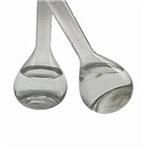
US $6.00/kg2025-04-21
- CAS:
- 8042-47-5
- Min. Order:
- 1kg
- Purity:
- 99%
- Supply Ability:
- 2000KG/Month

US $0.00-0.00/KG2025-04-15
- CAS:
- 8042-47-5
- Min. Order:
- 1KG
- Purity:
- 99%
- Supply Ability:
- 500000kg

